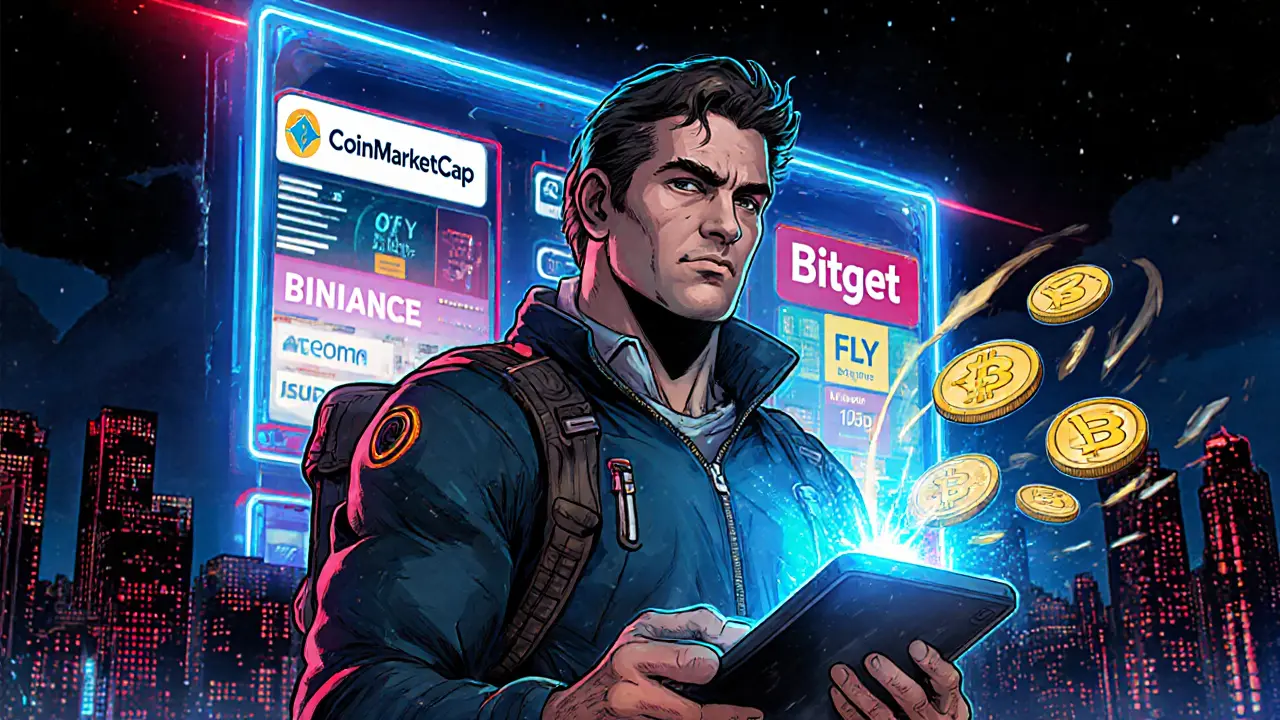Token Distribution: How Coins Reach Their Holders
When talking about token distribution, the process that moves a newly created cryptocurrency from the project team to users, investors, or the broader market, it determines who gets what share and when, shaping the token’s early price and community health.
A common method inside airdrop, a free token giveaway that rewards participants for holding a specific asset or completing simple tasks is to spark network effects and broaden the user base. Effective tokenomics, the economic model detailing supply, emission schedule, and utility of a coin guide how many tokens are set aside for airdrops, team reserves, or future development. When a project launches an IDO, an Initial DEX Offering that sells tokens directly on a decentralized exchange, clear token allocation rules become critical to avoid over‑dilution and to keep investors confident. All these pieces—airdrop incentives, tokenomics design, and IDO structure—interact to shape the success of a token’s distribution phase.
Regulatory Landscape
Regulators across the globe watch token distribution closely because the initial allocation can determine whether a coin is classified as a security. Countries like Japan require clear token classification under the Financial Instruments and Exchange Act, while the U.S. looks at how tokens are sold during the distribution phase to assess compliance with securities law. Knowing the jurisdictional rules helps you avoid projects that might face sudden bans or fines.
Analyzing Distribution Data
To evaluate a distribution, analysts rely on on‑chain dashboards that show wallet counts, concentration ratios, and vesting schedules. A low concentration—meaning many wallets hold small amounts—usually signals a healthier ecosystem. Tools such as Dune Analytics or Nansen let you slice the data by airdrop recipients, IDO participants, or team reserves, giving a clear picture of how the supply is spreading over time.
Community and Governance
A well‑planned token distribution can also jump‑start community governance. When a project allocates a meaningful portion of tokens to early supporters, those users gain voting power in decentralized decision‑making. This creates a feedback loop where active participants shape the roadmap, and a better roadmap attracts more users—fueling further growth.
Common Pitfalls
Common pitfalls include overly generous team locks, undisclosed token burns, or sudden token swaps that dilute early holders. Before committing, check the project’s whitepaper for vesting cliffs, look for third‑party audits, and verify that the airdrop criteria are transparent. Avoid projects that hide the exact number of tokens earmarked for future rounds, as hidden supply can trigger price shocks.
Future Trends
Looking ahead, hybrid distribution models that blend airdrops with liquidity mining or staking rewards are gaining traction. These hybrid schemes aim to reward both early adopters and long‑term stakers, balancing short‑term hype with sustainable network security. Keeping an eye on how new projects experiment with such models will give you an edge in spotting the next high‑potential token.
What’s Inside
Understanding token distribution lets you spot red flags like hidden team wallets or unfair vesting periods, and it helps you evaluate whether a project’s roadmap matches its supply plan. Our deep dive into token distribution will give you actionable insights, from step‑by‑step airdrop guides to detailed reviews of recent IDO launches. Browse the collection below to see how each element fits together and decide which projects merit your attention.


